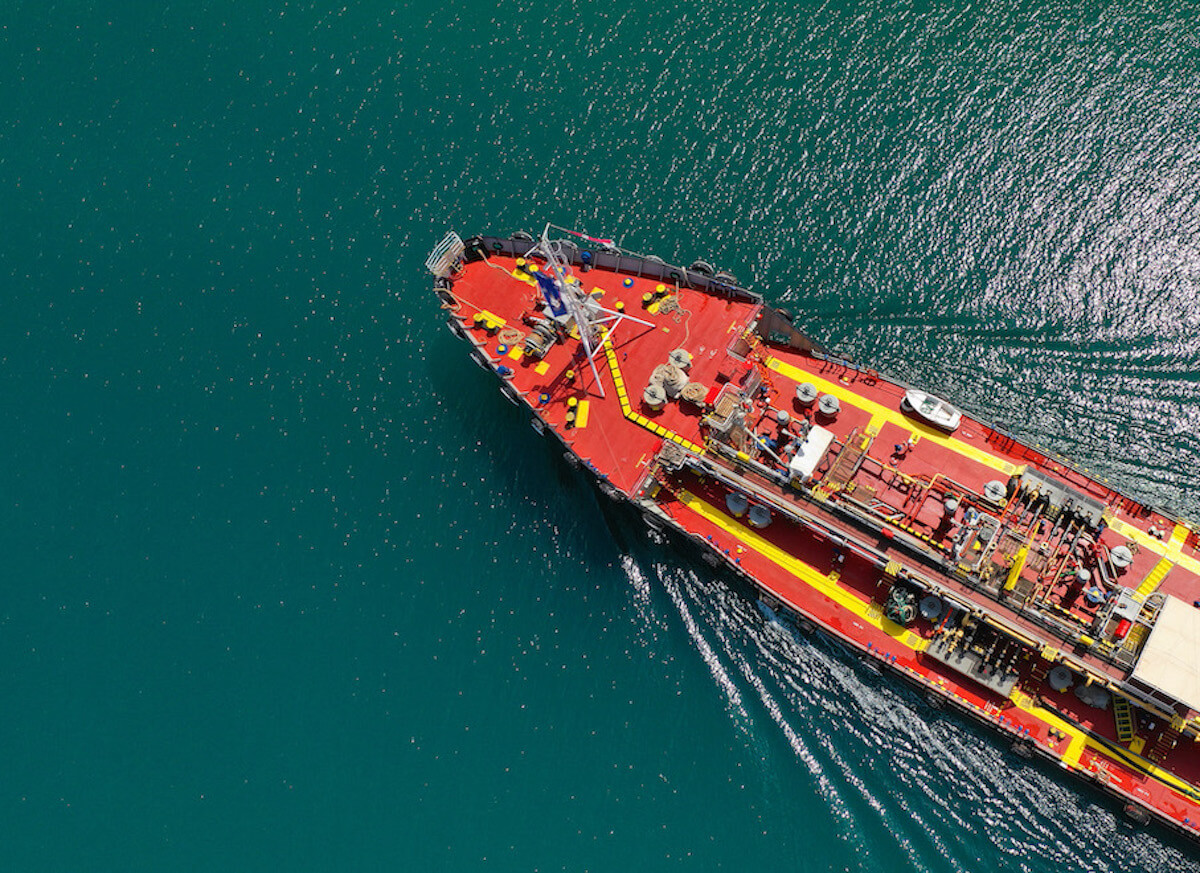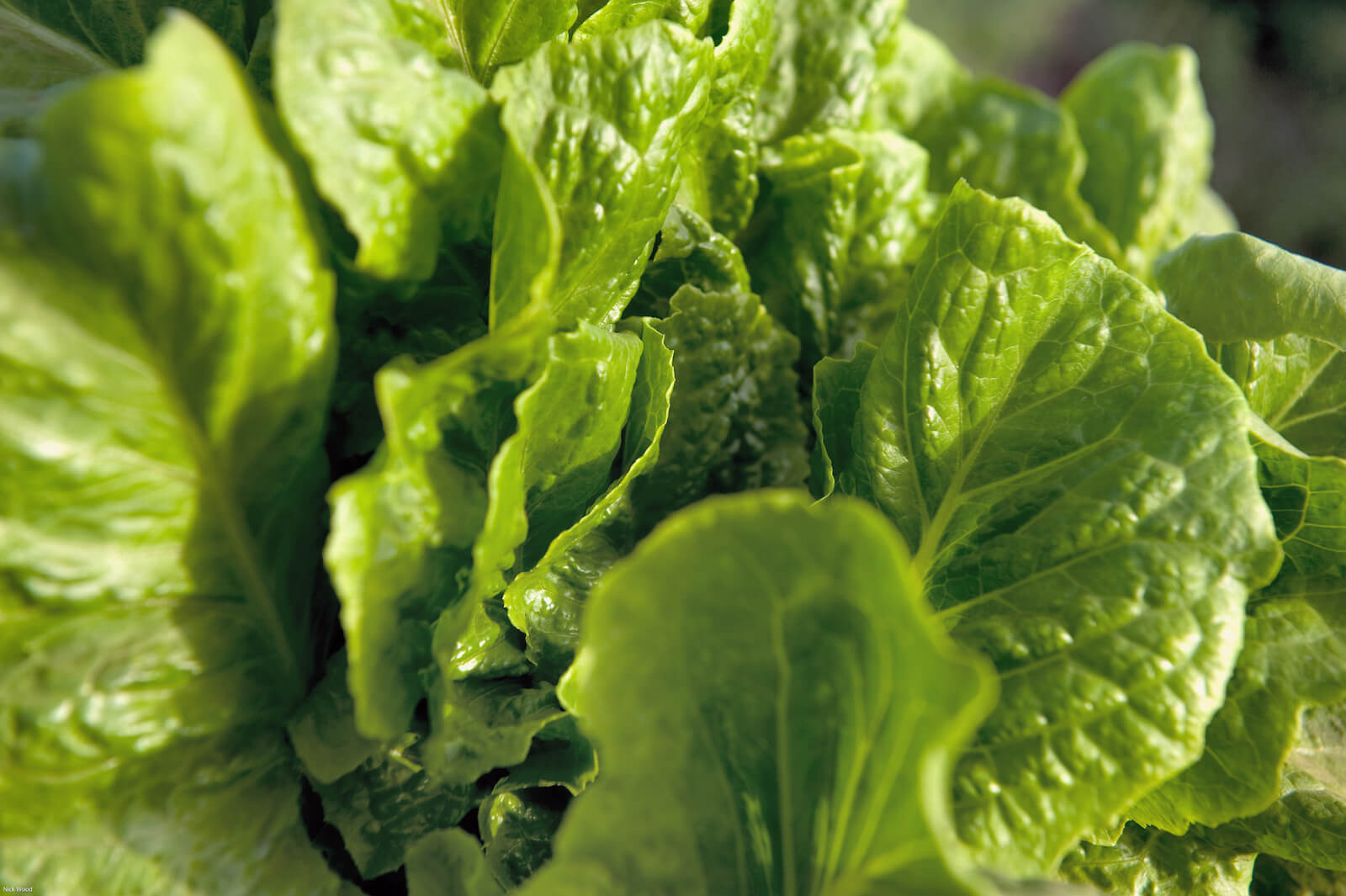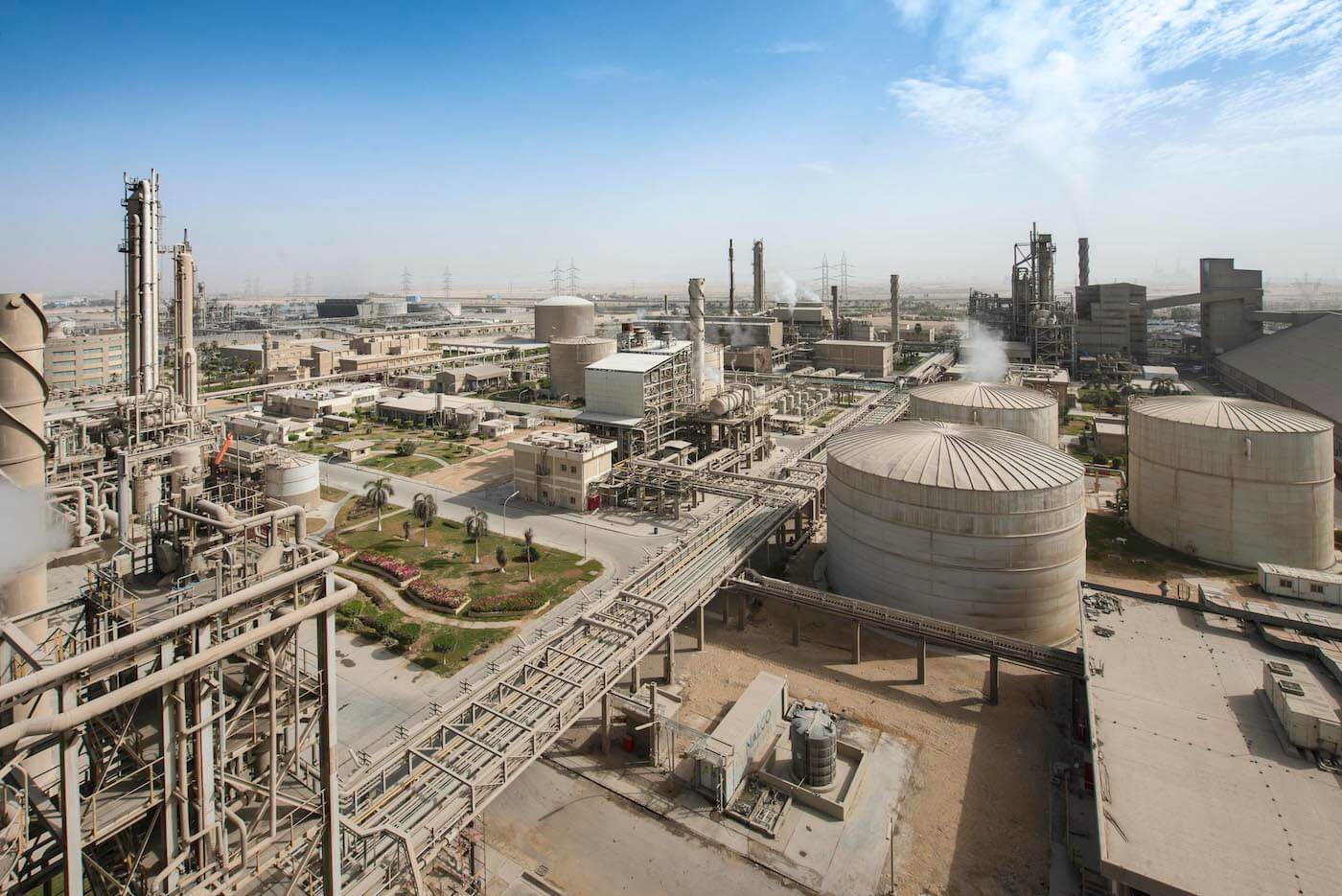Environmental Stewardship
Driving Sustainable Agriculture
Nitrogen fertilizers feed 50% of the world’s population and are essential to meet the world’s food production needs as our global population grows.
Our nitrogen fertilizer products help achieve sustainable agriculture by providing an effective and environmentally sound source of nitrogen, the key nutrient required for crop growth and development.
Nitrogen accounts for approximately 70% of any crop’s nutritional needs. It is required in every crop cycle and cannot be substituted. Nitrogen fertilizers make up 60% of global fertilizer usage.
Pioneering clean fuel and feedstocks
Ammonia has emerged as one of the most promising products to drive the hydrogen economy and enable the energy transition.
We are uniquely positioned to leverage our established ammonia platform to capitalize on the global shift to blue and green ammonia as a leading hydrogen carrier.
Although most countries are working towards developing a hydrogen economy, it is not feasible to produce sufficient hydrogen to meet expected demand given limitations on renewable energy power in many regions, including Europe. This means that hydrogen will need to be transported over long distances, but as hydrogen needs to be cooled down to -253 degrees Celsius, this results in a huge loss of scarce green energy and the cooled hydrogen has a very low energy density.
Ammonia is an ideal energy carrier for several reasons
Ammonia has a high energy density


Ammonia is easy to store with extensive global distribution and storage infrastructure in place
Ammonia is a widely used product

In addition to our strong ammonia distribution position, we are ideally situated to develop our blue and green ammonia production capacities through plug-and-play projects given our access to low-cost renewable wind and solar energy and robust existing infrastructure. These advantages allow for relatively straightforward conversion of feedstock to green and / or blue hydrogen using attractively priced renewable energy or waste gasification with potential carbon capture opportunities.
Our long-standing leadership position in the region has allowed us to cultivate strong relationships with key governmental bodies, which we believe will be crucial to being an early mover, garnering regulatory support, and accelerating the shift to a hydrogen economy.
Minimizing our assets’ environmental footprint
In addition to decarbonizing our end-markets, we work diligently to reduce our asset’s environmental footprints. Our production facilities utilize best-in-class technology, including Best Available Control Technology (BACT) to minimize greenhouse gas (GHG) emissions.
Minimal freshwater consumption
To minimize our use of freshwater given the high stress on water resources in the MENA region, we have invested in reverse osmosis seawater desalination units on-site at all our facilities.
Our assets in Egypt source approximately 51% their water intake by using reverse osmosis units to desalinate non-potable water and our production facilities in Algeria and the UAE source 100% of their water intake from the sea.
Our goal is to become fully self-reliant on sustainable water sources and reduce our reliance on fresh water sources at all our MENA assets.
Actions being taken to address water sustainability in Egypt include:
Increasing our access to sustainable groundwater wells through local investments.
Investing in increasing capacity and efficiency of our on-site reverse osmosis units, treating and upgrading groundwater
Investing in wastewater plants to re-use/re-cycle more water from the production process.
Continuing to make use of any water discharge to grow our land reclamation project.
Zero effluent discharge
Both Fertil and EFC have implemented a novel solution to the large quantity of water produced as a by-product of the urea manufacturing process. The facilities invested in the construction of irrigation and evaporation ponds to avoid discharging effluents into the environment. EFC is the only plant in Egypt to do this, with three ponds capable of holding a total of 15,000 cubic meters of water. Fertil has two ponds capable of holding a total of 24,800 cubic meters of water.
Land reclamation in the Egyptian desert
The water collected at EFC’s irrigation ponds is used to irrigate 50 acres of forestry that was planted by EFC in the nearby desert, contributing to essential land reclamation in the Egyptian desert and creating an additional source of carbon sequestration. The 50 acres of forestry sequester an estimated 39 metric tons of carbon dioxide a year.